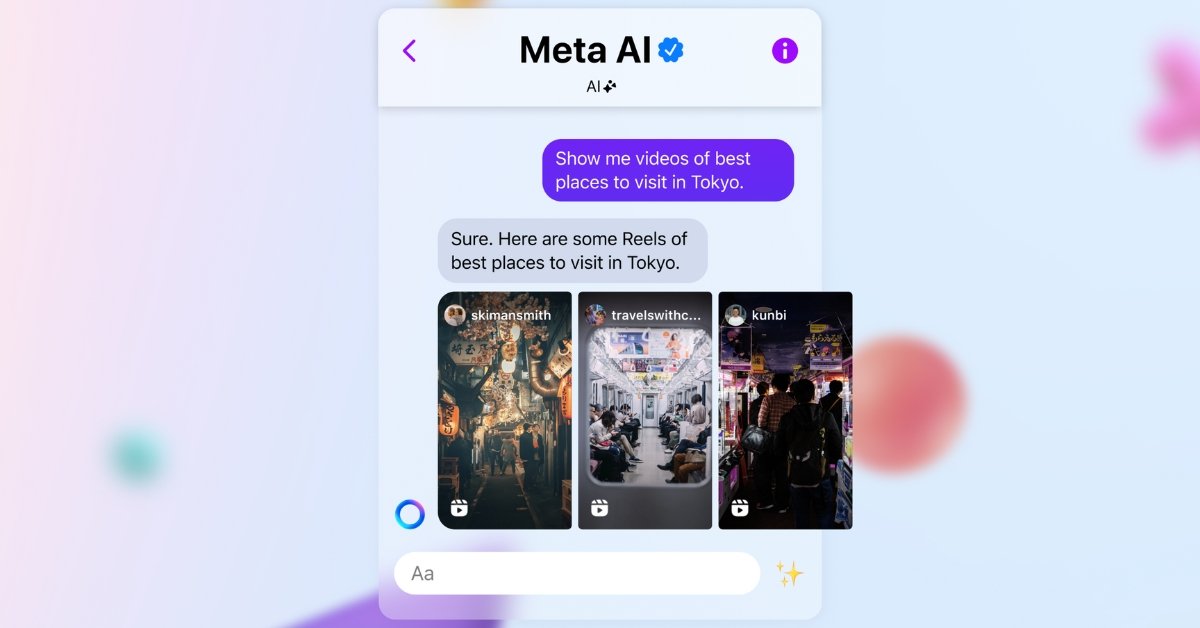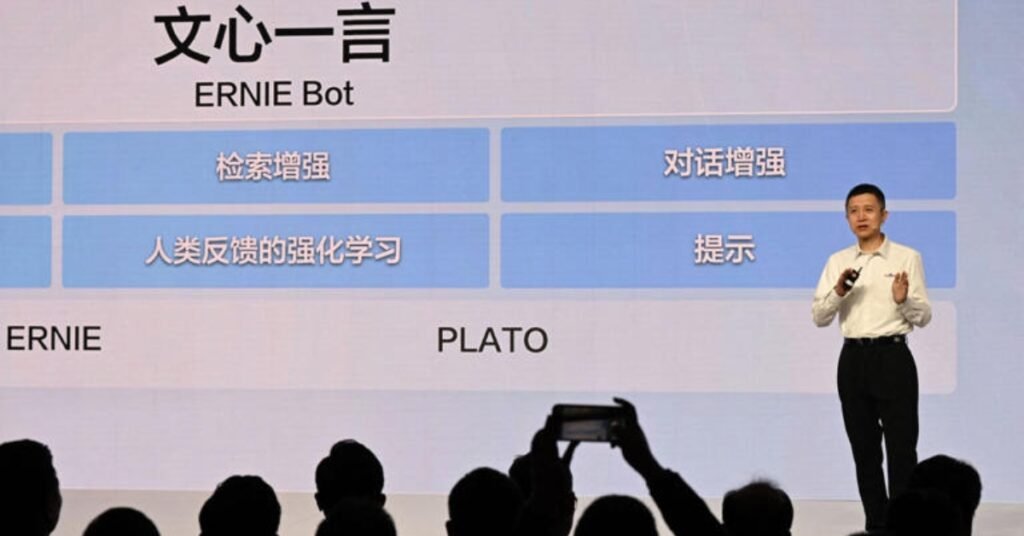Explore the impact of Meta’s new policy on political content across Instagram and Threads and its implications for news creators, public discourse, and democracy.
Table of Contents
A New Policy at Meta
Meta, the tech giant behind Instagram and Threads, has recently made headlines with a significant policy change.
The company announced it would no longer push political content to users who have not explicitly shown interest in it.
This decision has sparked a wave of concern among news creators, political commentators, and journalists, particularly as it unfolds in the lead-up to an election year.
Understanding the Change
Under this new policy, Meta aims to refine users’ experience by filtering out political content from being recommended on platforms like Instagram and Threads.
Although users can still follow accounts that discuss political and social issues, these accounts and their content will no longer be promoted to a wider audience.
According to Meta spokesperson Dani Lever, this shift is based on user feedback indicating a desire for less political content in their feeds.
The Reaction from Creators
The announcement could have gone better, with many content creators relying on social media to spread their messages.
Individuals like Keith Edwards, a Democratic political strategist, have expressed regret at investing efforts in promoting political discourse on Threads, given the new limitations.
The move is seen as a setback for leveraging social media’s broad reach to engage with the public on important issues.
Implications for Public Discourse
Critics argue that Meta’s policy might narrow the public’s access to diverse perspectives, especially on critical social and political issues.
The concern is that important conversations might be stifled, and marginalized voices could be silenced due to the vague criteria defining what is considered ‘political’ content.
This is particularly troubling for those addressing public health, environmental concerns, and social justice, who fear their reach and impact may diminish.
Concerns Over Political Bias
Some commentators suggest that the policy could inadvertently favour certain political narratives, potentially influencing public opinion and electoral outcomes.
The worry is that by restricting political content, social media platforms could unintentionally shape political discourse that benefits specific groups or ideologies.
Meta’s Stance and Future Steps
Despite the backlash, Meta defends its decision as a move towards creating a more user-friendly environment free from unsolicited political content.
The company has outlined processes for professional accounts to appeal restrictions on their content, indicating a degree of flexibility in implementing this policy.
However, the broader implications of such a shift in democratic discourse and public engagement remain a contention.
In Conclusion
As Meta embarks on this new direction, the debate around the role of social media in politics continues to evolve.
With the landscape of digital communication changing rapidly, the impact of these policies on public discourse, political engagement, and democracy will be closely watched by users, creators, and critics alike.






